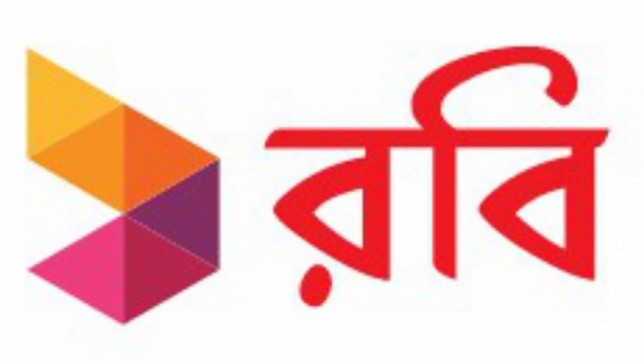Robi to shed jobs

Robi is set to offer its first voluntary separation scheme (VSS) to its 1,650 employees as a few hundreds of them have been sitting idle for almost a year thanks to the operator’s ongoing tussles with the regulator.
For instance, the Bangladesh Telecommunication Regulatory Commission (BTRC) has stopped issuing any kind of approval needed to roll out new packages or services or import network equipment to the operator since July over its claims of Tk 867.24 crore in unpaid dues.
And since January many other no-objection certificates have been barred for the operator.
As a result, a good few hundred employees have been sitting idle for close to a year, leaving them in a state of ennui. And the regulatory dispute is unlikely to be resolved any time soon.
“We cannot keep paying the employees indefinitely like this,” said a senior official of the carrier requesting anonymity.
And it will soon become a burden on the operator’s limited resources.
“Even in the neighbouring countries, mobile operators can offer lots of services. But here, we have nothing to do save for voice and SMSs,” the official said.
Recently, Robi management have decided to offer additional early settlement remuneration with its regular service benefits like gratuities and provident funds.
“VSS will be a win-win situation for both parties. Technology has evolved a lot, so there is no need to carry a huge burden only to perform traditional work,” the official added.
The management estimate that its employee headcount will come down to 1,000 after the scheme.
“This is purely a voluntary scheme and no employee is compelled to accept this by any stretch of the imagination,” said Shahed Alam, chief corporate and regulatory officer of the country’s second-largest operator.
Over the years, it has become apparent that the survival of a telecom operator in this highly competitive industry depends on having an efficient cost structure.
“Given the intensifying market competition, transformation of the company from traditional telco to a digital one, and ever-increasing regulatory barrier, the cost structure has become an ever more important issue for our business,” Alam added. Robi is a joint venture between Malaysian Axiata, Indian Bharti Airtel and Japan’s NTT DOCOMO. Axiata holds a 68.7 percent controlling stake, Bharti Airtel 25 percent, and DOCOMO 6.3 percent.
Market leader Grameenphone and third-largest player Banglalink have earlier reduced their headcount through voluntary retirement scheme several times.
Grameenphone once had about 5,000 employees but it was brought down to 1,800 by way of schemes and outsourcing.
Banglalink has brought down its headcount to 1,100 from 2,500.
